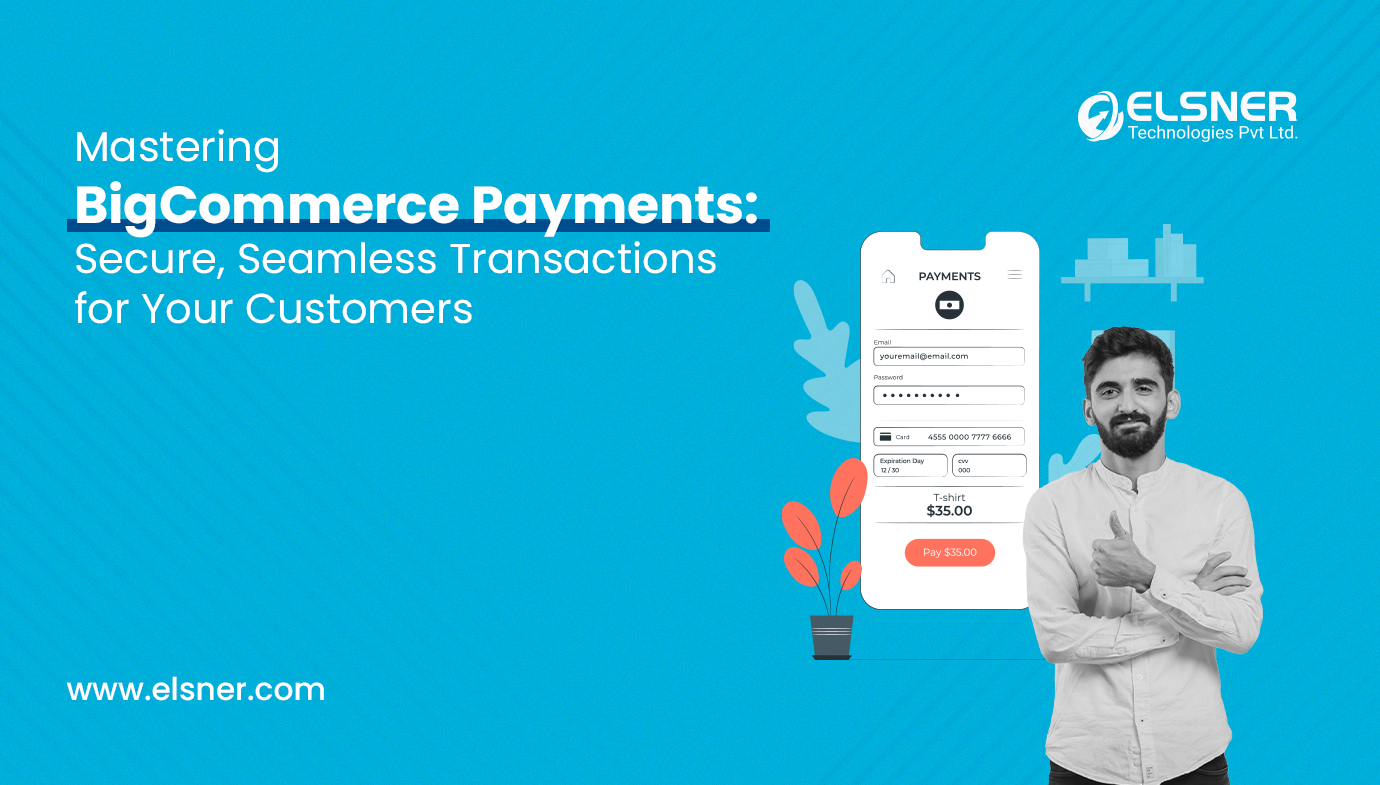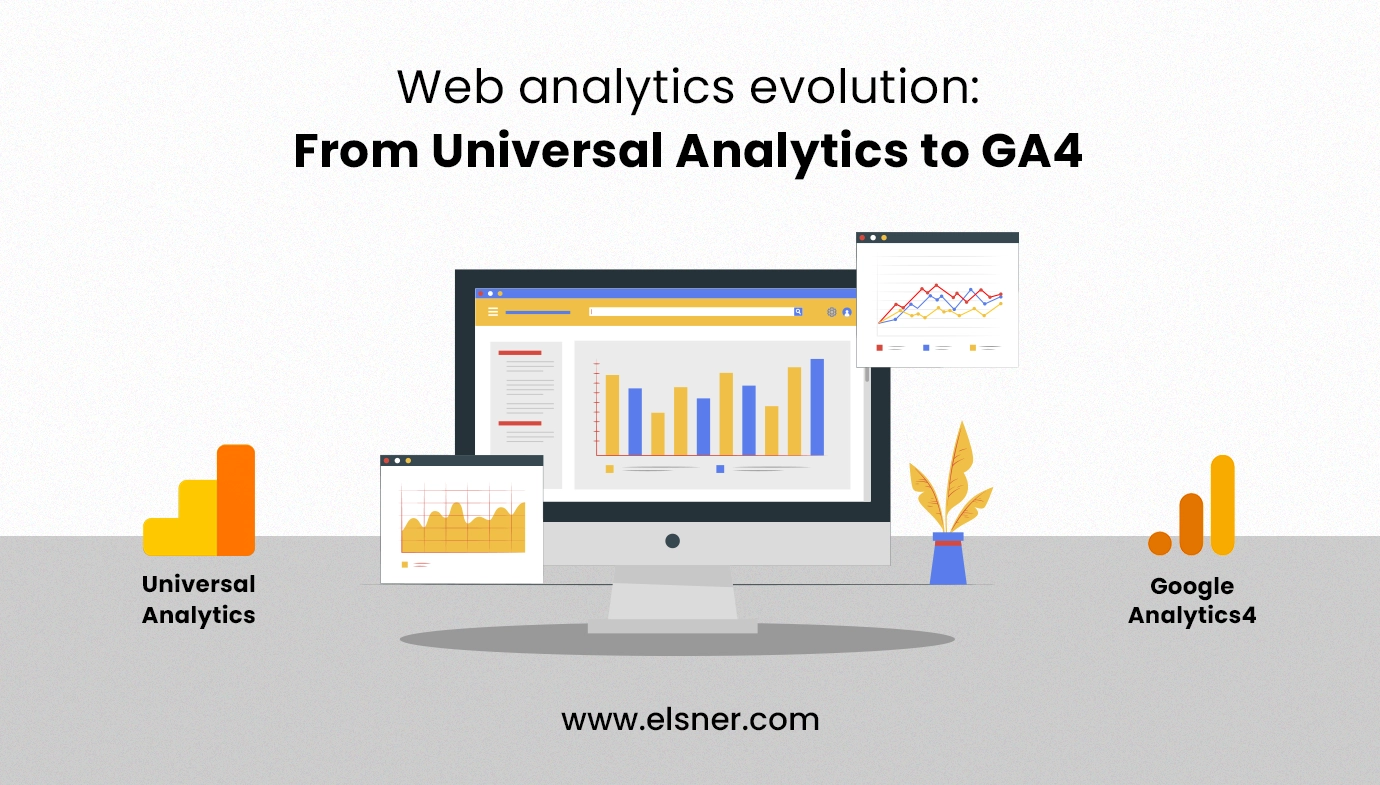- Touted Advantages of Drupal:
- What it Offers and why it is preferred for the complex projects?
- Large authenticated user base:
- Complex content needs:
- Complex integrations:
- Configuration management:
- Strict security requirements:
- Learning Curve:
- Touted Advantages of WordPress:
- What it Offers and why it is preferred for small to medium scale projects?
- Easy integration with eCommerce:
- Usability and Flexibility:
- Affordable Themes:
- Plugins:
- Learning Curve:
- It can be narrowed down to this!
- Looking for a low-cost investment for choosing the right CMS: Choose WordPress.
- Looking for a complex and Robust solution: Choose Drupal.
- Common Grounds for both the platforms:
It is indeed difficult to grasp the difference between the CMS patrons, WordPress vs Drupal! Choosing the right one for your business depends on your short term and long term goals
The responses and opinions for choosing CMS platform differ vastly if you ask an experienced web developer and a tech-savvy developer. As both the platforms are Content Management Systems, they give you a self-hosted platform to create and manage all the content.
WordPress launched back in 2013, powers 59.8% of the CMS market share and Drupal 4.6%.

Over the years, Drupal and WordPress have only grown and the battle between them is never-ending. Both the platforms have advantages and pitfalls and excel in their own way of application.
Touted Advantages of Drupal:
No one will ever say Drupal is as easy as WordPress. Even we don’t claim that!
In fact, it is best for some of the complex projects of government, enterprises or higher education projects. Here is the list of sites and countries using Drupal for different projects.
What it Offers and why it is preferred for the complex projects?
-
Large authenticated user base:
The user base is huge and has to perform tasks like creating user-generated content in forums and also communities.
-
Complex content needs:
It facilitates the management of content beyond the conventional features like a course catalog, multiple authentications for different users, content derived from microservices or REST.
-
Complex integrations:
Drupal allows you to integrate the platform with other web services, microservices or any other complexities. It is highly preferred and easier for developers.
-
Configuration management:
The configuration management system of Drupal allows the developers to make changes to the live site using version control.
It reduces the errors and saves the huge time of the developers. Introducing new features on the site may lead to downtime or error on the current running live site. Drupal handles the push configuration changes in a more professional and enterprise-ready way.
-
Strict security requirements:
Same as WordPress, Drupal handles the PCI compliance requirements and is better at security. It also nicely handles the database encryption and complex security situations.
Only a well-versed and experienced Drupal development company can address the complexities of Drupal. A novice programmer or agency may screw up the development.
-
Learning Curve:
Websites built on Drupal have a custom coded theme or includes a highly customized theme. So a novice developer cannot perform the task with Drupal. You need a team of experienced developers for development.
The interface being unintelligible, a casual user faces the difficulty.
Touted Advantages of WordPress:
WordPress is more user-friendly and has a good reputation among the non-developers. It has got a huge community of developers who can help you out in any difficult situation. It is generally preferred for small to medium businesses, eCommerce stores, startups, etc.
What it Offers and why it is preferred for small to medium scale projects?
-
Easy integration with eCommerce:
A powerful eCommerce platform Woo-commerce can easily be integrated with WordPress.
-
Usability and Flexibility:
Setting up content in minutes is easily possible with WordPress. It facilitates the site owners to get things done at ease without taking anybody’s help in no time.
-
Affordable Themes:
WordPress offers a pool of starter themes which can give even a non-developer a visual and functional outline to build a website from scratch. No doubt, there are certain limitations of using the themes but that all can be overcome.
Due to a glut of themes, you may start using a theme which is specifically designed for someone else and not suitable for yours. You may not realize it until you set it in the project.
Sometimes we may face security vulnerabilities if we use an unprotected theme. The only option left with us is tweaking and tweaking. This process becomes time-consuming which is not suitable for big enterprises solution.
WordPress offers developers almost 5000+ themes and thousands of premium themes.
-
Plugins:
WordPress has more than 53,000 free plugins and thousands of other premium plugins. The number indicates the size and importance of third-party WordPress ecosystem.
-
Learning Curve:
You can develop a niche-specific website with WordPress. It is so easy to grasp, that even a casual user can create the content. The theme customizer and Gutenberg editor has made the work even easier.
It can be narrowed down to this!
The decision of choosing the right platform depends on the question What is your Goal in setting up the website and what are you trying to achieve?
It further can be simplified as below,
Looking for a low-cost investment for choosing the right CMS: Choose WordPress.
It allows customization at a very affordable price. If you are not sure what functionalities to be included, you can start with WordPress. It allows you to set up a website in a blink only if you are not building anything complex.
Looking for a complex and Robust solution: Choose Drupal.
If you know that your business is going to handle complexities it is best to start with Drupal. It might take longer, but it will be worth the time and the cost.
Common Grounds for both the platforms:
Below are the points where WordPress development and Drupal web development excel in common.

Both the CMS are self-managing platforms and help to create compelling contents.
The platforms have only evolved with time and aim for creating fully functional and feature-rich websites. They give users what they really want from the CMS platform.
The only thing a developer should keep in mind is embracing the change. Both the platforms lay an incredibly powerful and solid foundation for any type of website building.
The benefits of each of them are alluring, it is only on the needs and expectation of your business which can help you best in deciding the right platform.

About Author
Tarun Bansal - Technical Head
Tarun is a technology enthusiast with a flair for solving complex challenges. His technical expertise and deep knowledge of emerging trends have made him a go-to person for strategic tech initiatives. Passionate about innovation, Tarun continuously explores new ways to drive efficiency and performance in every project he undertakes.




